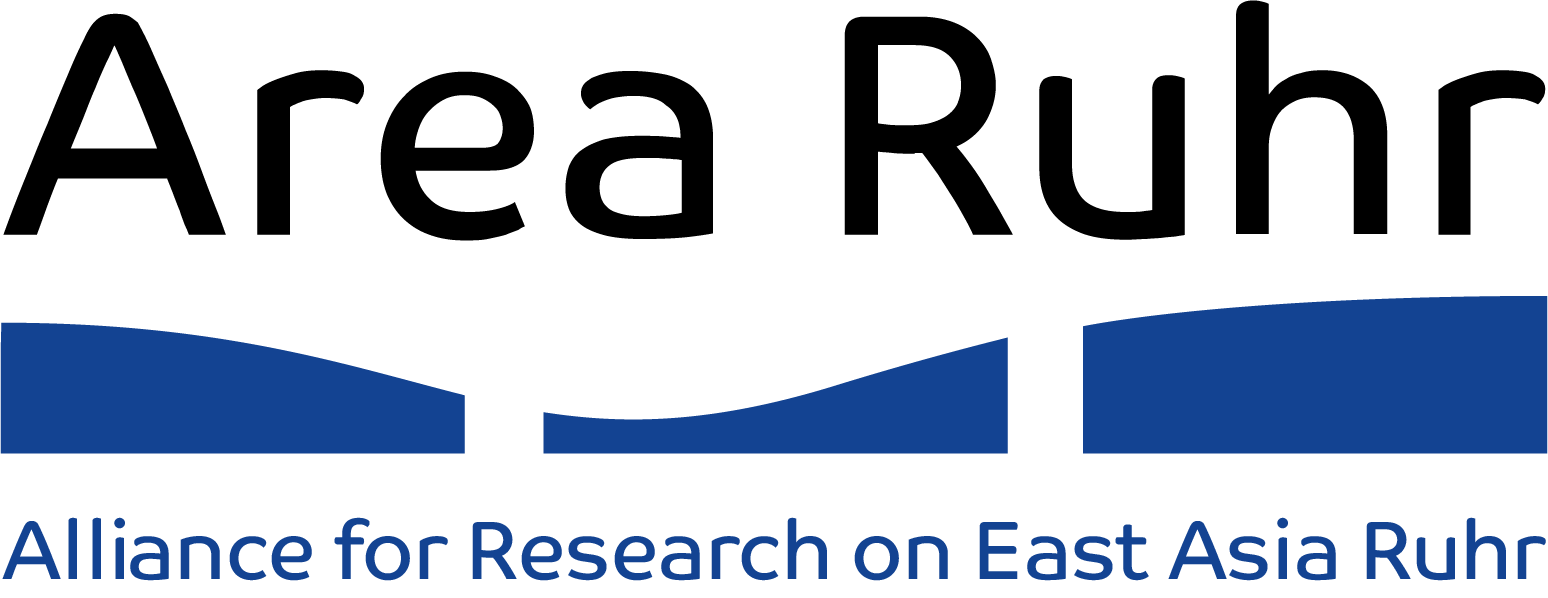The Alliance for Research on East Asia (AREA) Ruhr, supported by the Mercator Research Center Ruhr (MERCUR), invites applications for its MA in Transnational East Asian Studies, an English-taught interdisciplinary degree programme, investigating transnational processes of institution building and identity formation in East Asia and beyond.
Students will critically engage with questions of cultural, economic, political, and social perspectives on the processes that have shaped and continue to transform the East Asian region. Along these topics, the programme aims to deepen students’ knowledge of East Asia beyond national foci, integrating theories and methods from the social sciences and humanities. The one-year (60 ECTS cp) program will commence in the winter term 2017/18 and offers eight places to highly qualified students with a Bachelor’s degree from an East Asian-studies related field.
AREA Ruhr is a new research and teaching alliance of the Faculty of East Asian Studies, Ruhr-University Bochum and the Institute of East Asian Studies (IN-EAST), University of Duisburg-Essen, under the auspices of the University Alliance Ruhr (UA Ruhr). IN-EAST and the Faculty of East Asian Studies are uniquely positioned to offer this interdisciplinary MA program. Under the roof of AREA Ruhr, the two institutions cooperate to bring together more than 20 professors and 100 researchers with expertise in a wide range of scholarly fields and disciplines, ranging from historical to contemporary research, from linguistics to economics, from religious studies to sociology and political science.
The research-oriented curriculum of the MA TEAS will help students to develop interdisciplinary approaches to East Asian studies, deepen their knowledge of East Asia, especially relating to transnational and transcultural phenomena, and will provide room to improve their skills in an East Asian language (Chinese, Japanese, and Korean). The MA’s curriculum is composed of the following modules:
- Theories of Transnational East Asian Studies
- Transnational Identities and East Asia
- Transnational Institutions and East Asia
- Master-Thesis and Seminar
- Electives, including the option of advanced level language courses
Students completing the MA degree will be prepared for further studies at the doctoral level, especially in the AREA Ruhr Graduate School, and for high-level positions in multinational corporations, in politics and political consulting, governmental and non-governmental think-tanks, and in international organizations where intensive knowledge of East Asia and language competency is in high demand.
Successful candidates will have the following qualifications:
Essential:
- A BA degree in East Asian Studies or a related field at the time of enrolment. Students are expected to have a four-year BA degree (240 ECTS cp). Students with a three-year BA degree (180 cp) can be enrolled on the condition that they successfully complete an additional 60 cp in courses based on an individual study plan. This may include a stay at an East Asian university if one was not already completed during the BA phase.
- Skills in Chinese, Japanese, and/or Korean of B1-B2 CEFR or higher,
- English language skills of C1 CEFR or higher.
Desirable:
- Will have spent at least one semester studying or working in an East Asian country. Similarly, applicants from an East Asian country will have spent one semester studying or working abroad in East Asia or globally.
Students can apply online at Ruhr-University Bochum starting at the beginning of June until July 15th 2017. Interviews (also via Skype) with prospective candidates will be held mid of September. Application documents include
- BA certificate,
- transcript of records,
- certification of language skills (if not provided with transcript of records),
- a comprehensive CV (in English)
- an English-language essay of 1.500 words, outlining a research proposal for a prospective MA thesis following a research question relating to the MA’s programmatic focus.
For additional information on AREA Ruhr and the MA program, please visit our website at www.area-ruhr.de.
